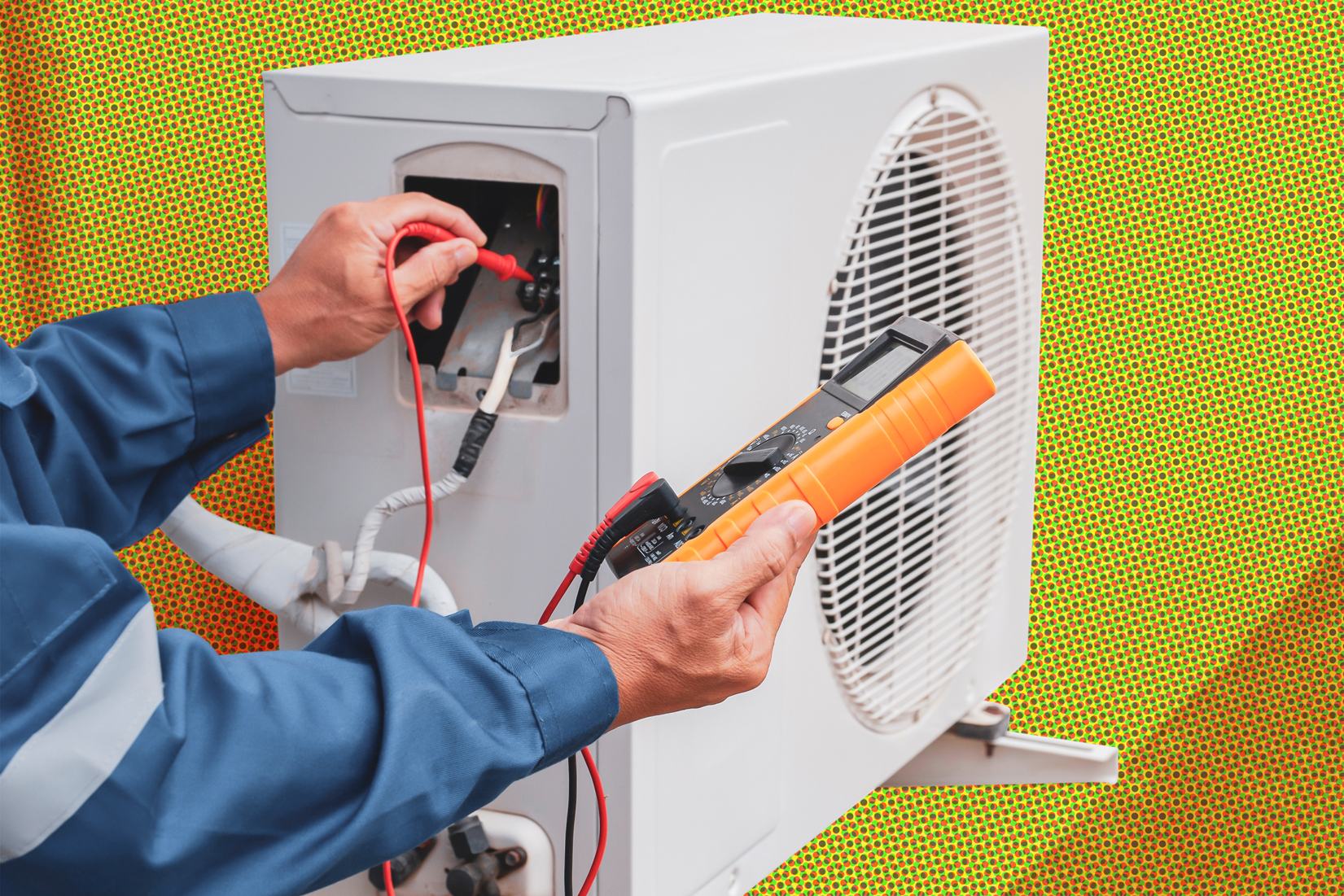Rob R. Terry | Source | Owner/Licensed HVAC Technician at Terry's A/C & Heating

Rob R. Terry
The owner of Terry’s A/C & Heating since 2014, Rob Terry has been a part of Terry’s A/C & Heating since 2006 when he began as an apprentice after spending countless summers in his youth working with his dad across the Houston area. He has his Texas A/C and Heating Contractors License and multiple North American Technician Excellence (NATE) Certifications. He is also a Ruud Pro Partner™. He excels at teaching and coaching new technicians, explaining technical HVAC concepts in terms that are easy to understand, and expertly troubleshooting difficult HVAC problems.
Prior to joining Terry’s A/C & Heating, he spent time in management positions with Home Depot, Qdoba, and Jason’s Deli. He interned with Walt Disney World, learning about their high-level of customer service and commitment to quality. He graduated with a B.S. in hospitality and minor in business from Stephen F. Austin University in Nacogdoches, Texas. A Houston native, he graduated from Elsik High School in Alief, Texas (a suburb of Houston).
-
Terry's A/C & Heating (https://terrysacandheating.com/)
Owner/Licensed HVAC Technician
started Jan 2014
-
Roots connects with Robert Terry of Terry's A/C & Heating
Terry's A/C & Heating is known for providing honest, prompt HVAC service at reasonable prices. Terry's strive to treat each customer as we would our own family. Terry's also guarantee our work. Learn more about our AC company and what makes Terry's unique in the Houston area, our commitment to training and continuing education, and why customers have been referring friends and family for more than 30 years. If the climate in your home is even more unpredictable than the Houston weather forecast, contact Terry's today to schedule an AC service call. 281-495-7830 www.terrysacandheating.com
Video -
7 Smart Tricks You Should Try to Keep Your Upstairs Cool, According to Experts
Does your home have a history of stuffy rooms upstairs in the summer? Here are 7 expert-approved hacks to beating the heat this season and staying cool on the top floor.
Article -
HVAC Repair Costs Are Soaring. Can Home Warranties Help?
Home warranties can help cover HVAC repair costs, but the plans come with limitations.
Article
-
Hose Down Your Outdoor Condenser: Expert Tips for Efficiency
Rob advises hosing down outdoor condensers "once or twice a year" to boost efficiency. Avoid frequent washing to prevent mineral scale. Use a garden hose, not a pressure washer, and ensure water runs clear. Clear vegetation for airflow. For complex designs or issues, consult a professional. Regular maintenance can prevent higher utility bills and extend your system's life. -
Essential Guide: Cleaning Your Outdoor AC Unit
Rob advises, “An outdoor AC unit needs to breathe to work properly.” Clean annually with water, not chemicals, to prevent overheating. Warning signs include hot air from the fan and visible rust. For issues like ice or refrigerant leaks, consult a professional. Regular maintenance ensures efficiency and longevity. -
HVAC Expert Rob Terry Advises on Optimal Filter Replacement Practices
Rob advises replacing 1-inch filters with each season change to maintain HVAC efficiency. "Clogged filters can lead to system wear and higher bills." For better air quality, consider whole-home purifiers. Remember to change filters by setting reminders or using autoship services. Longer-lasting 4-inch filters are an option for extended use.

:max_bytes(150000):strip_icc()/Interior-Impressions-Woodbury-MN-Rejuvenated-Remodel-Main-Bedroom-White-Beams-Ceiling-Fan-Wallpaper-Leather-Bench-1-3a00b88e4ecb47c19883df7f8417e70d.jpg)

